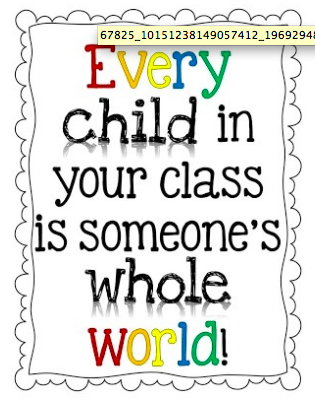In some ways my summer Twitter feed is an extension of the visits to historic sites that my antiquarian family (first with my parents, later with my children) has been making all of my life. On some wall of every Colonial or 19th-century or early 20th-century house there seems to hang at least one meticulously embroidered sampler. Each was a rite-of-passage “maker” project for young female fingers, and each includes an alphabet, some little images, and, as its central element, some timeless platitude. Often this is biblical in origin, but some of the later ones seem to quote Ben Franklin or someone who might have been Ben Franklin.
Twitter is the new sampler, demanding a certain skill with basic technology and offering a vast audience for quoted adages and one-liners that have immense significance in the moment but are quickly forgotten as the crawl unfolds replacement after replacement. Sometimes the quotations are old—Henry Ford has been having a revival this week—but more often, especially during the high season for some ed conferences, the piquant, sometimes piercing words of wisdom come from some thought leader’s keynote.
It’s true that many of these statements have a certain resonance, and we’re always happy to see an idea expressed cleverly and concisely. I often find myself saying, “Oh, that again!” or sometimes, “Enough, already!” but occasionally I find myself wrapping my head a bit more tightly around one; I justify this by reminding myself of a graduate school English professor and noted novelist who encouraged us not to overlook clichés in the literature we read. “Dig there!” he told us. “Look for the meaning.” I was thus motivated into digging twice today.
Once was by a retweet of a tweet by Sean Junkins (@sjunkins) : “‘If you’re afraid of change, change will not occur.’ – Travis Allen, @iSchoolAdvocate”. What is there for the modern progressive educator not to like about this statement, which scolds the fearful and urges us all to be courageous? On the other hand, I realized that it offers those who do in fact fear change an out: just hold onto your fear, let it grow, nurture it, and maybe in the end the change agents will back down and go away.
Sadly, plenty of school change agents can attest to the accuracy of this statement. How many great ideas and great plans have been thwarted by the intransigent fear of the participants? Even with patient planning, the best will in the world, and even the proper rationale and training, some initiatives go nowhere simply because a few of those involved refuse to give up their anxiety—perhaps legitimate, perhaps spurious. Fear can indeed be an effective shield against change. This isn’t what Travis Allen meant, I am quite sure, but his rather glib words reveal a deeper, sadder truth.
On the brighter side, I had earlier (earlier enough so that I can’t recover the original) encountered a tweet containing an image that was a kind of sampler in itself: “Every student in your class is someone’s whole world.” Here is an image from Signe Whitson’s site of the same visual representation of this sentiment:
The text of the tweet was an exhortation to teachers to keep this thought in mind, but I think it bears a bit more scrutiny and contains more enduring value than meets the eye—perhaps because it resonated in the moment with something I had been thinking about.
A nephew recently revealed to me his interest in leaving the business world and becoming a teacher. He’s a good man, a caring fellow whose life has not been devoid of emotional demands that he has been up to. He respects and is interested in everyone he encounters, and I think he’ll be a fine teacher.
The advice I would give my nephew, except that I’m not sure that he actually needs it, is to find something to genuinely like and admire about every student. This advice holds regardless of students’ ages, as anyone who reads the Teacher Tom blog knows. It’s not so much that every child is a snowflake—or even someone’s whole world—as that in every child there is an essential quality that must be liked and respected for that child to achieve his full humanity. With some kids, we know, this can be hard, and sometimes we have to uncover a few layers before a kid’s real center is clearly manifest. If it helps to be reminded that every child is also the object of someone’s (usually a parent or guardian, but sometimes even a teacher) hopes and dreams, a big chunk of their world, then this isn’t terrible advice, saccharine as it may seem, for any of us in the teaching biz—or in the human biz, for that matter.
Our foremothers created samplers as an educational project, and we have created Twitter as something else indeed, but as a species we seem to have a built-in need to pass along words of wisdom. I’m grateful to be reminded, even if it often feels like a bombardment, of the power of simple, straightforward, even clichéd words. So tweet away, my friends!

